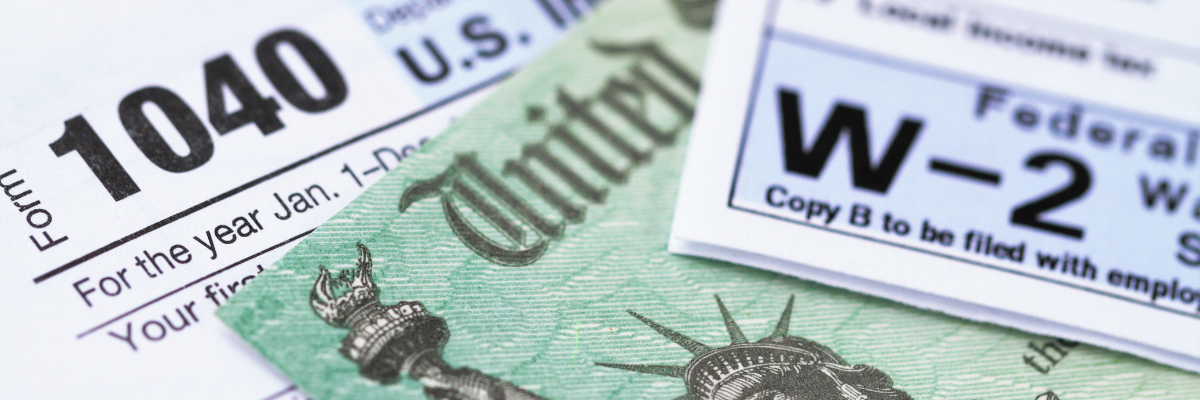
Insurance audits are a fundamental aspect of the insurance industry, serving to determine accurate premium rates and ensure that policyholders are paying the correct amount for their coverage. These audits are a collaborative effort between the insurance provider and the policyholder. In this article, we will delve into what insurance audits entail and the essential responsibilities of policyholders to guarantee their accuracy.
What is an Insurance Audit?
An insurance audit is a review of a policyholder's financial records to confirm that the premium paid aligns with the actual risk exposure and operational changes within the policy period. It's a mechanism employed by insurers to establish accurate premium rates, especially for policies with variable factors such as worker's compensation or general liability insurance.
Why Are Insurance Audits Necessary?
Insurance audits are vital for maintaining the integrity of the insurance system. They ensure that policyholders are appropriately charged based on the level of risk associated with their business or personal circumstances. Here's why they are necessary:
- Premium Accuracy: Audits help prevent overpayment or underpayment of premiums, ensuring fairness for both the insurer and policyholder.
- Risk Assessment: Businesses evolve, and operational changes can affect insurance requirements. Audits allow insurers to adjust coverage to match a company's evolving needs.
- Legal Compliance: Many insurance policies require audits to ensure compliance with regulations and contractual obligations.
Responsibilities of the Policyholder
Policyholders play a crucial role in the insurance audit process. Here are their key responsibilities:
- Accurate Record Keeping: Maintain detailed and accurate financial records, including payroll, revenue, certificates of insurance for all vendors or subcontractors, and any other information pertinent to your policy.
- Timely Reporting: Notify your insurance provider of any significant changes in your business operations, such as new hires, additional locations, or changes in job classifications. Timely reporting ensures that your policy remains up to date.
- Cooperation: Cooperate with the auditor when they visit your premises or request information. This includes providing access to financial records, employee records, and any other documents necessary for the audit.
- Transparency: Be transparent about your operations. Hiding or misrepresenting information can lead to costly consequences and potential policy cancellations.
- Ask Questions: If you're uncertain about any aspect of the audit, don't hesitate to ask questions. It's essential to have a clear understanding of the process and its implications.
- Review the Audit: After the audit is completed, carefully review the auditor's findings to ensure accuracy. If you have any concerns or discrepancies, address them promptly with your insurance provider.
Insurance audits are a collaborative process that benefits both policyholders and insurance providers. They help ensure accurate premiums, compliance with regulations, and alignment of coverage with changing business needs. As a responsible policyholder, maintaining accurate records, reporting changes promptly, and cooperating with auditors are essential steps to ensure the process goes smoothly and accurately reflects your insurance needs. By fulfilling your responsibilities, you can help maintain a fair and transparent insurance system that benefits everyone involved.
Sign up for our newsletter.




